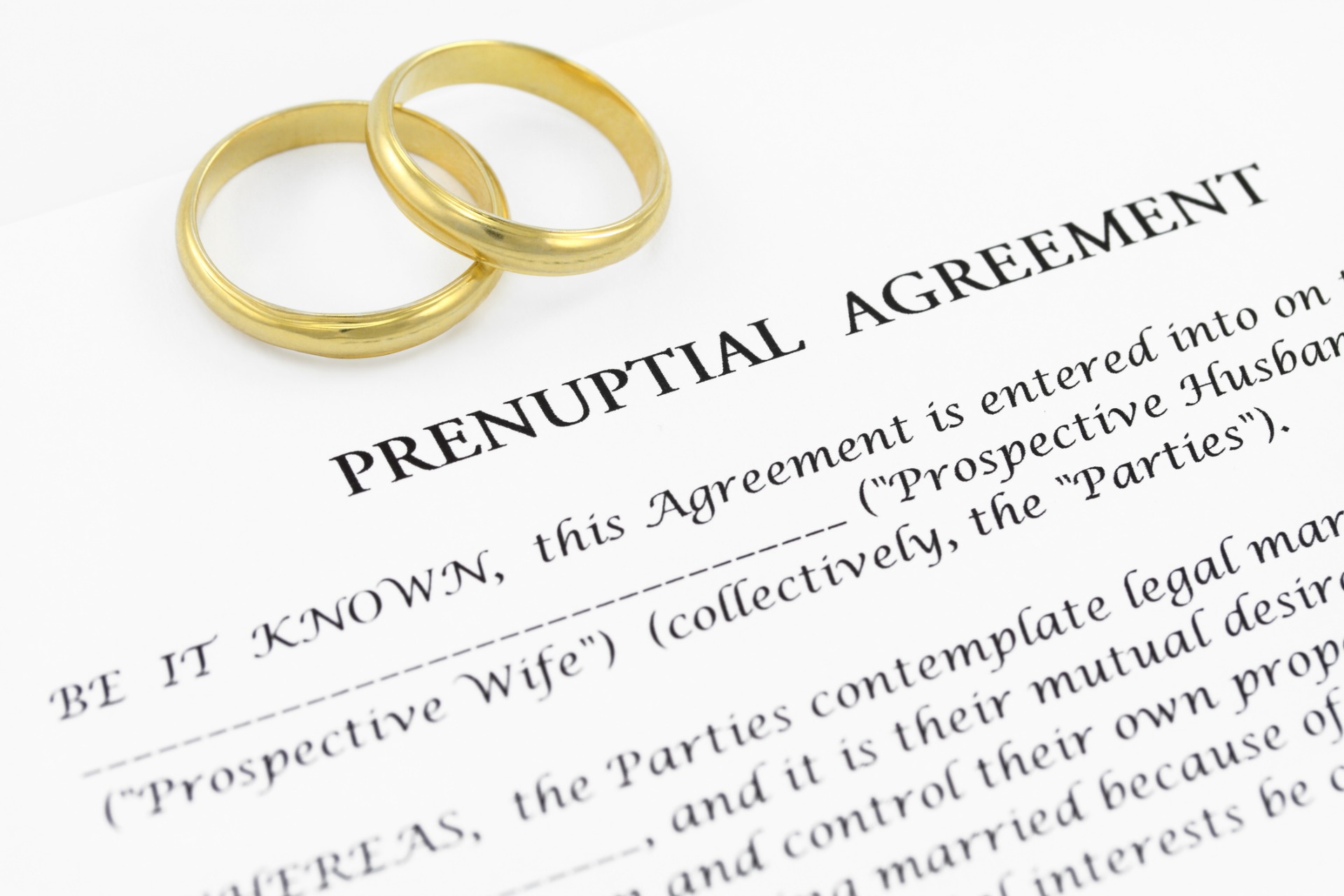If a Guardian ad Litem (GAL) has been appointed in your divorce case, you will naturally want to know who this person is and what they have to do with your family. Any parent would be curious about a process involving their child, especially one that could have a lasting impact on their custody situation.
A GAL – also known as the “eyes and ears of the court” – can be appointed in different types of family law cases in Illinois, such as:
- Divorce;
- Child Custody;
- Adult guardianship; and
- Child protection.
There are a few possible reasons they get appointed, often involving complicated custody matters, and one or both parents may be expected to foot the bill for one. But keep in mind they have a specific purpose that is different from other types of guardians involved in family law cases.
What Is a Guardian ad Litem in Illinois Family Law?
Family court in Illinois sometimes appoints a GAL to act as an advocate who will represent the interests of a child under 18. The purpose is generally to provide unbiased information to help the judge determine a whole range of matters. These typically include ones like how to split parenting time and responsibilities in a way that protects the child’s ongoing wellbeing.
As an attorney, their purpose is to observe family situations behind the scenes so they may provide the court with information that is lacking. The GAL might want to interview you and your ex, and they may also be called as a witness in your case. When details in a custodial situation appear unclear, requesting a GAL enables the judge to make a more informed decision, one that may ultimately impact your parenting plan.
Should Parents Prepare to Meet the GAL?
Parents should speak to a family law attorney about how to prepare for any conversations they expect to have with the GAL. While GALs work on behalf of children, they are not representing the child or their parents, but rather observing the home environment, including the child’s interactions with his or her parents. Their determinations could end up impacting anything from where your child ends up going to school to how often you visit them.
When Do You Not Need to Hire a Guardian ad Litem?
If both parents agree on what’s best for the child and the situation is straightforward, a GAL probably won’t be necessary. Judges typically won’t appoint one unless there’s a concern about the child’s wellbeing or they aren’t sure whether the child’s needs are being fully considered in a given case.
A GAL shouldn’t be confused with other types of support that necessitate hiring a lawyer. You might need a lawyer to represent a child if you think their rights or safety are at risk and non-legal solutions haven’t worked. Examples include serious issues like abuse or neglect, as well as more common ones like a custody dispute in which a kid has strong preferences that differ from those of the parents.
GALs May Be Removed Under Some Circumstances
GALs may be removed in rare cases in which they are behaving unethically or aren’t fulfilling their duties. If you have concerns about the person appointed to represent your child in an Illinois case, consult with your lawyer. They may recommend bringing your concerns to a judge, although there is a chance the judge will disagree with you and keep the GAL in place.
Call DuPage County Lawyer with Child-Related Legal Questions
With so much at stake in cases involving minors, it can be overwhelming and even a little scary to know a GAL will be involved in your divorce or custody case. If one is going to interview you, having a lawyer experienced in these types of situations will be extremely useful in preparing you for the types of questions you may need to answer.
If a GAL has been appointed in your case and you live in DuPage Country, call the Law Office of David A. King, P.C. for a free consultation to make sure your needs are being protected as well as your child’s.



